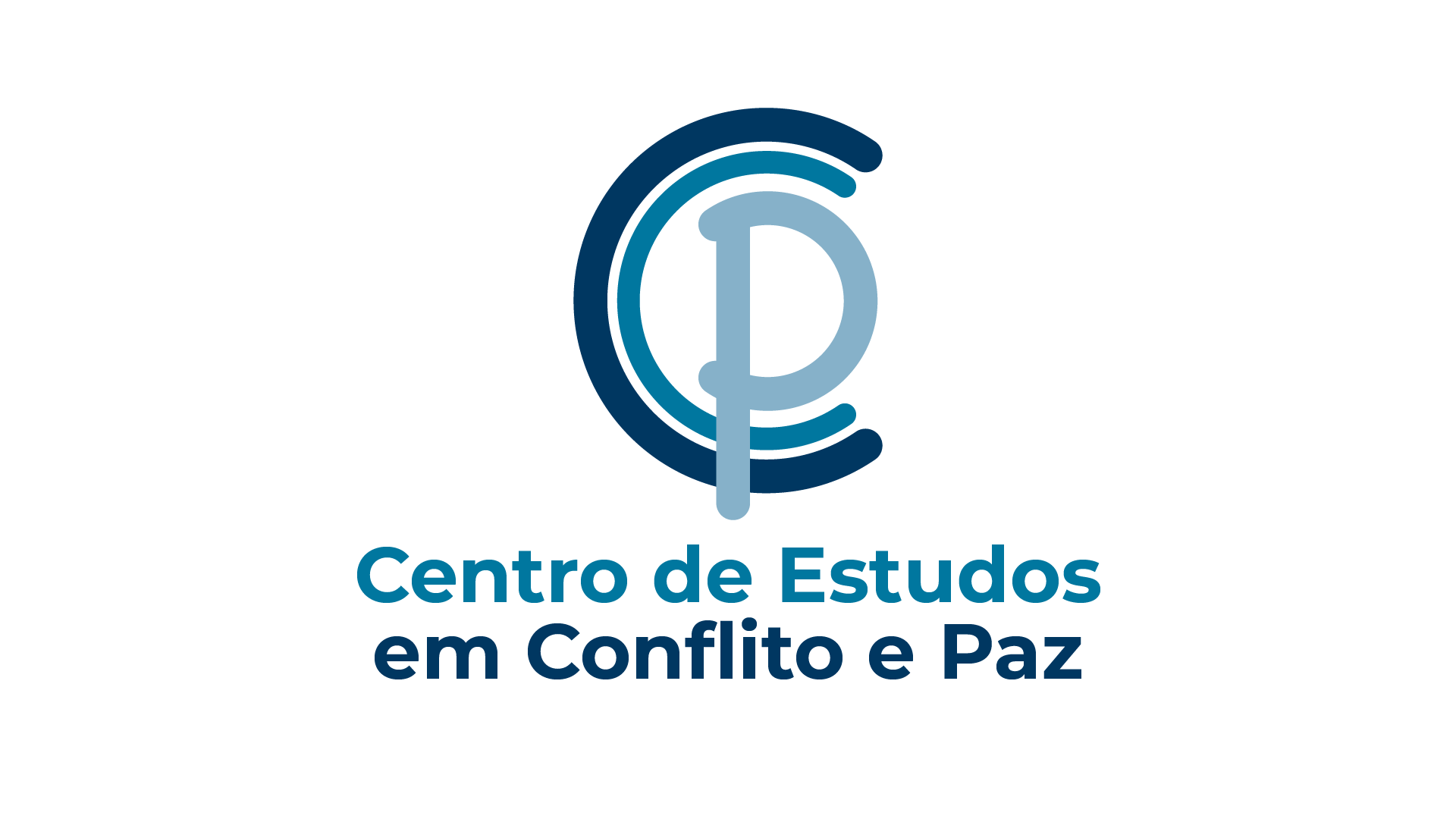 ABOUT:
ABOUT:
The Center for Conflict and Peace Studies (CCP) is an institution linked to the International Relations Research Center (NUPRI) at the University of São Paulo (USP), Brazil. Initially created in 2016, as a research group in CNPq platform, CCP seeks to build an institutional space for research and analysis in the dynamics of conflict, violence, security, and peace.
The Center for Conflict and Peace Studies seeks, through its projects and research, to intervene in processes of conflict and peace, both domestically and internationally. The CCP seeks to inquire into the domestic and international factors that potentiate social and political conflicts, associated with the incidence of multiple forms of violence. On the other hand, CCP seeks to encourage mediation and resolution mechanisms that serve as subsidies for conflict resolution and peace-building -keeping and development. Therefore, CCP intends to be an interdisciplinary space in which specialists from different areas put their expertise into the production of knowledge and politics in the face of a variety of conflicts that take over domestic and international spaces.
As a center positioned within the critical, post-positivist spectrum of IR and social sciences, CCP challenges the understanding of a sole, reductionist conceptualization of peace. Peace is a value-driven concept and values change over time and space. Peace, conflict, violence, and security are concepts in transit, reflecting also the everyday struggles, concerns and human needs of both members of societies and individuals alike. Therefore, in our research, the focus on political and social change is paramount. We hope to engage social and State actors everywhere in a mutual learning process in order to promote critical and innovative thinking on conflict and conflict transformation through non-violent means.
MAIN OBJECTIVES
- Identify national and international conflicts that destabilize social and political peace, imping upon the security of States and societies;
- Produce scientific and technical knowledge that can support conflict resolution, helping the sides to articulate their needs and interests through shared knowledge and citizen/academic diplomacy;
- Draw scenarios and intervention options that lead social and political actors in armed conflict or militarized disputes to possible peace agreements and conflict resolution;
- Draw scenarios and intervention options to assist social and political actors in addressing all forms of violence and humanitarian needs;
- Help policy makers to understand the political and social factors or matrices of a conflict;
- Provide technical and scientific support to local, national and international policy makers in conflict transformation / resolution, peacebuilding, peacekeeping and peace development.

